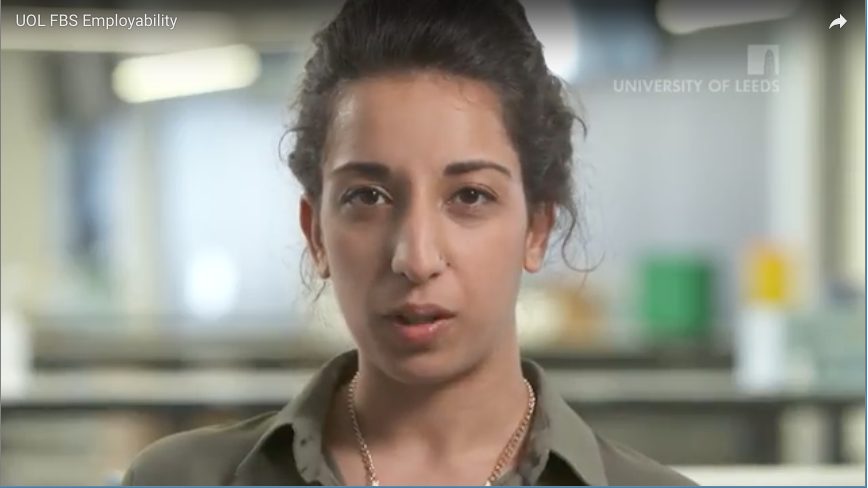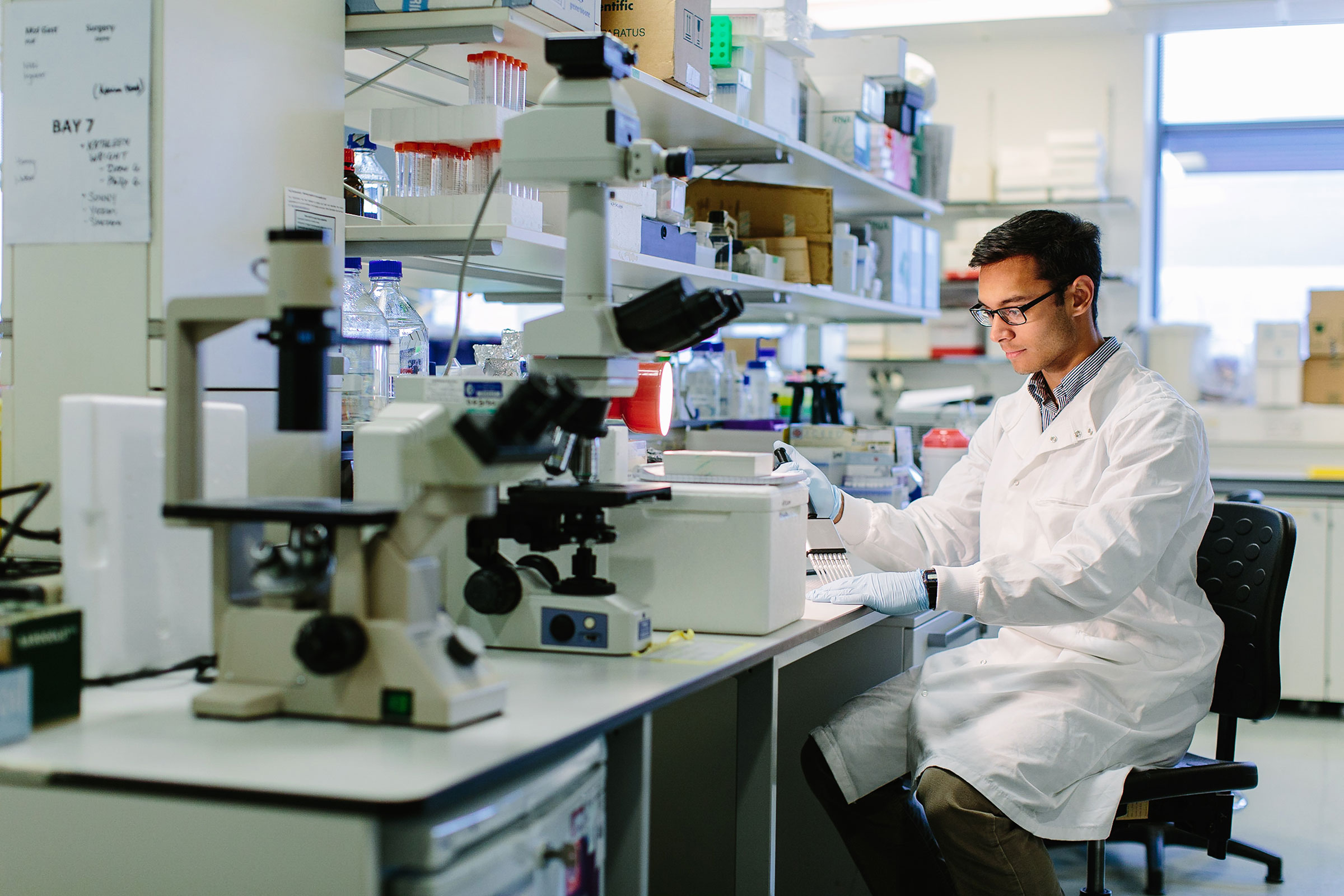Outline of FBS Placement Scheme – Please Read
Introduction
The industry placement year is taken between Year 2 and Year 3 of your degree course. It cannot be taken at any other time in the lifetime of your degree. It is an optional scheme. Students do not have to take part in the programme, if they do not wish to.
The idea of the programme is to give students to opportunity to gain invaluable work experience in industry. The aim is to add real value to a student’s degree and massively improve their employability when they graduate.
The placement year must run for between 9 and 12 months. Most placements advertised are for 12 months. 9 months is the minimum period needed to satisfy the Year in Industry rules. It is possible to complete more than one placement of less than 9 months and combine the two in order to satisfy the 9 months rule.
We support a wide range of placements in many different roles. Most students find a placement that is directly related to their degree programme. However, this is not compulsory. Many students take very successful placements in roles that have nothing to do with their studies.
We support placements in the UK and overseas.
The University of Leeds does not endorse unpaid placements, but some sectors are over-represented in offering unpaid placements (particularly in Sports Science and Ecology and Conservation, but paid placements in these sectors do exist). Before accepting an unpaid placement you must think carefully about how you will support yourself during the placement, and what your living costs are likely to be. This includes working out your Student Finance application, where applicable. We strongly advise against taking on any paid employment alongside your full-time placement. We are unable to provide any substantial financial support but do offer a bursary for unpaid placements.
Unfortunately, we cannot guarantee that all students will gain a placement. It is possible that a student fails to find a post. This can be very disappointing. However, the process of applying for jobs and attending interviews is valuable in itself and prepares students for the future world of work.
Your success or otherwise in gaining a placement will obviously depend upon your academic performance, performance at interview, and enthusiasm. There is no minimum academic requirement needed to take part in the year in Industry programme. However, it is true that individual employers may have their own requirements for applicants for jobs. We would normally expect students who are applying for placements to have performed at a 2.1 level in Year 1, with a similar sustainable level in Year 2. As we said, there is no academic cap, so anyone can apply, but the 2.1 is advisable/expected as it is more in the student’s interests as they are in a far stronger position to be able to compete nationally or even internationally for placements.
At the end of Year 2 you must have gained all necessary credits and modules for progression to Year 3, otherwise you may be precluded from taking a placement, even if one has been offered and accepted, or have even started.
Preparing for Placement
Towards the end of semester 1 of your first year we will contact you by email to make you aware of the information available on this website. You will also be invited to a Placement Awareness meeting hosted by Dr Al Pickles.
After the meeting, you will be asked to register your interest in a placement year by signing up to the WordPress site. This will allow us to build a register of interested students who we can subsequently forward relevant information to. When you have had time to reflect upon your first year examination results, and if you wish to be considered for the placement scheme, you should register your interest (if not done so already) and make sure you have an up-to-date CV.
In induction week of Year 2, Dr Pickles will host the Placement Awareness Day. This is a day-long event in which students find out much more about the Year in Industry programme. There will be a number of speakers from industry explain about placement opportunities. These are selected to represent all schools within the Faculty. There will also be recently returned placement students from the previous year discuss their experiences. Information on the application process and the support available from the Placement Team will also be given. This event is open to all Year 2 FBS students.
If they have not already done so, all interested students requested to register their interest in the industry scheme. Information on potential placements forwarded to students. This will continue until induction week the following year.
Applications for Placement
Applications for placements typically begins in September of Level 2. Unlike the Study Abroad programme, there is no absolute cut-off date for students to apply for a placement.
There is considerable variation in application times and deadlines for individual posts. Some larger companies are often very quick off the mark, competing with others for the most able students nationally, whereas smaller companies may leave their recruitment to well after Christmas. However, this is not an absolute and you should consider your search for placements being a year-long search, not just an initial sprint!
We, like other HE institutions, will often receive notification from companies regarding placement applications. All such information received will be provided to students on our “registered interest” list, for you to follow through.
Applications are now invariably made on-line, some by application form, and some by C.V. and cover letter. Some now also ask for students to make short videos as part of the application process.
Although we will “prompt” you to apply for placements by providing appropriate information, there is no substitute for the enthusiastic student who goes looking for a placement! Do seek out possible placements yourself, investigate any contacts you may have (parents, friends, previous employers, etc.). Be proactive; employers are likely to value serious approaches from well intentioned students.
Found a Placement – What comes next?
While on placement you will be registered on module BIOL8001: Training in the Workplace. This is a 120-credit module. The module is assessed on a Pass/Fail basis. Whilst it does not count towards your degree classification, if you want to gain the industrial variant of your degree, you must pass the module.
In order to pass this module you must satisfy a number of assessments as outlined below:
- Attend a pre-departure meeting at the end of your 2nd At this meeting , Dr Pickles will explain further details of the placement year and what to expect from your placement. David Forrest will issue you with a BIOL Module Manual and your Work Profile document.
- You must satisfactorily complete your employment contract, including any in-house training or assessment exercises.
- You must complete a 2000 word literature review submitted in the February of your placement year. Advice on writing the review can be found elsewhere on this website.
- You must have completed your Work Profile by the end of your placement . This will require input from your industrial supervisor, yourself, and your academic supervisor, and must be submitted by the deadline (details to be shared via Minerva and email in advance).
- You must have completed a 6000-word report of your placement year. This must be submitted upon your return to Leeds and is assessed by your academic supervisor. Dependent upon the type of placement you have completed, your report may take a variety of forms. Advice on writing the report can be found elsewhere on this website.
- Attend a debriefing session organised by the FBS Placement team.
Whilst it is extremely rare for students to fail their placement year, failure to present any of the assessments listed above may preclude our recognition of your placement year.
On passing BIOL8001, your final degree certificate will read “Name of Programme” with Work Placement. Should you fail BIOL8001, you would revert back to a 3-year degree programme and your final degree certificate would have no mention of the placement year.
IN-PLACEMENT SUPPORT
In your Work Profile (and module manual), there is a contact sheet that must be completed as soon as possible after beginning your placement, and returned to David Forrest via email at FBSPlacement@leeds.ac.uk.
We will keep in regular contact with you, and your industry supervisor, to ensure that your placement is proceeding smoothly. Should you perceive any problems yourself, then you should of course contact us immediately. Where possible, regular contact will be through monthly email.
Additionally, your academic supervisor will arrange to visit you and your industry supervisor “on-site”; normally this will occur once during the early-mid part of your placement year. Your academic supervisor will complete a simple form to document this visit (click here to see this form).
We will keep you in touch with any important developments that might have an effect on your final year. Final year project lists will be made available to you while on placement. You will still retain your university email and internet access rights.
We will primarily use your university e-mail address to contact you during the placement year. Please regularly check your university mailbox for any e-mails from us.
Post-Placement
Upon return to Leeds, you will need to submit your Work Profile and 6000-word report. All these assessed components should, wherever possible, be completed before you finish and leave your placement.
Very often, it will be necessary for the company to check any confidentiality issues of your work, which would necessarily delay its release. Check this before you leave your placement.
It is also often very difficult to get in contact with your industry supervisor once you have left, so make sure you have everything you need from your employer before the placement comes to an end.
You must also attend a ‘Welcome Back’ meeting in induction week and have the opportunity to attend a series of re-integration tutorials run by the placement tutor. These tutorials focus on academic support such as note taking, revision techniques, essay writing skills and exam preparation; all key skills which may have become rusty whilst on placement!
Year in Industry Timeline
Year 1 Semester 1
All students notified of the information on this website
Year 1 Semester 2
Year in industry awareness meeting hosted by Dr Al Pickles to introduce the Year in Industry programme. This event is open to all Year 1 FBS students.
Following the meeting, all interested students requested to register their interest in the industry scheme (around May).
Year 2 Semester 1
Placement Awareness Day takes place in induction week. A day-long event in which students find out about the Year in Industry programme in more depth. Speakers from industry explain about placement opportunities. Recently returned placement students from the previous year discuss their experiences. Information on the application process given. This event is open to all Year 2 FBS students.
If they have not already done so, all interested students requested to register their interest in the industry scheme. Information on potential placements forwarded to students. This will continue until induction week the following year.
Year 2 FBS students begin to obtain year in industry placements in the UK and overseas. As soon as a student finds a placement, they contact the FBS Placement team to begin the process of authorising their placement and completing all the necessary paperwork.
Year 2 Semester 2
From around April, LEA`s (Student Loan Company) will require confirmation of progression and details of placement or study year abroad. For students who have completed a Change of Programme form early in the year, the University will automatically inform LEAs of this.
In late April/early May, the Pre-Departure Meeting will take place. This is a compulsory meeting for all students who are going out on placement in the coming year. Dr Al Pickles will discuss going out on placement, how to cope with the transition to the world of work and other related topics. At the end of the meeting, BIOL8001 module manual and Work Profile documentation made available to all students electronically.
Placement Year
The FBS Placements Team will carry regular contact by email with you and your industrial supervisor by.
Your academic supervisor will arrange an on-site visit.
A 2000-word Literature Review will be completed in the February of the placement year.
A 6000-word report will be completed in the October of the placement year. This may require confidentiality clearance from company. If so, this must be done before the end of the placement
Work Profile to be fully completed by the end of the placement. This will require final input from industry supervisor.
Year 3 Semester 1
Compulsory Welcome Back Meeting for all placement students hosted by Dr Al Pickles. Takes place in Induction Week
Completed Work Profile and Placement Report submitted for assessment
Assessments completed and students notified of Pass/Fail status following early semester 2 examination committee meetings.




